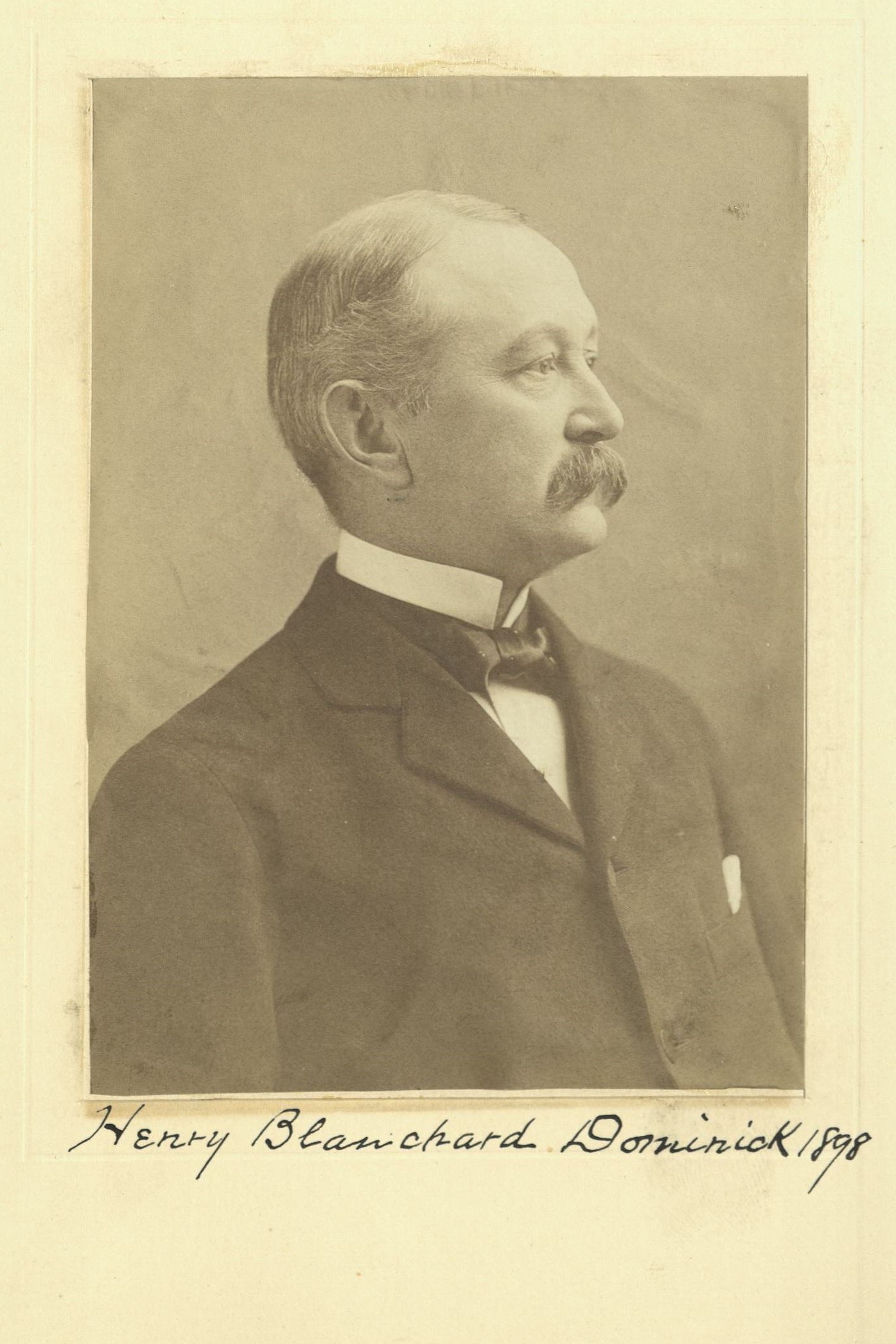Member Directory,
1847 - 1922
Thomas H. Morgan
Professor of Experimental Zoology
Centurion, 1911–1928
Edmund B. Wilson and Henry B. Dominick
Lexington, Kentucky
Pasadena, California
Age forty-four
Altadena, California

Century Memorial
Morgan was born in Kentucky, a descendant from a long line of Southern aristocracy. He was a nephew of Confederate General John Hunt Morgan, and his great-grandfather John Wesley Hunt had been the first millionaire west of the Allegheny Mountains. Through his mother, he was the great-grandson of Francis Scott Key, author of the Star-Spangled Banner.
He received his Ph.D. from Johns Hopkins in 1890 and while teaching at its sister school Bryn Mawr, researched embryology before moving to the study of mutation in the fruit fly. In 1904, E. B. Wilson invited Morgan to join him at Columbia, which at last freed him to focus fully on experimental work. In his famous Fly Room at Columbia, Morgan was able to demonstrate that genes are carried on chromosomes and are the mechanical basis of heredity. These discoveries formed the basis of the modern science of genetics.
After 25 years at Columbia, Morgan moved West to head the Division of Biology at CalTech in 1928. The group he established there produced seven Nobel Prize winners. When he was awarded the Nobel Prize in Physiology or Medicine in 1933 he was the first person awarded the prize in genetics. He had been nominated twice before.
Morgan held numerous prestigious positions including serving as the president of both the National Academy of Sciences and the American Association for the Advancement of Science. In 1939, he was awarded the Copley Medal by the Royal Society. During his distinguished career, Morgan wrote 22 books and 370 scientific papers.
James Charlton
“Centurions on Stamps,” Part I (Exhibition, 2010)

